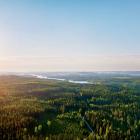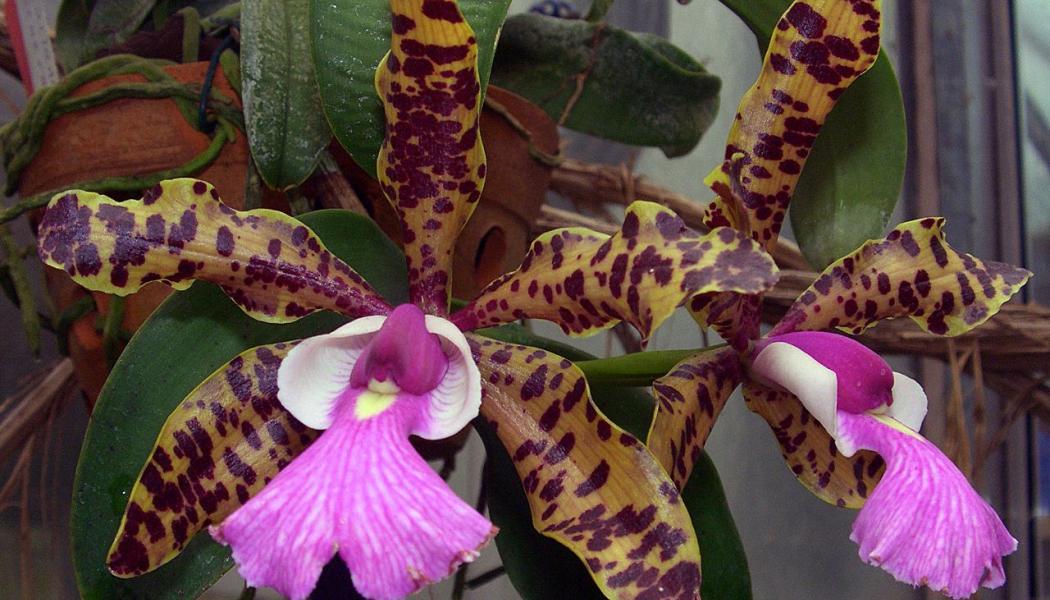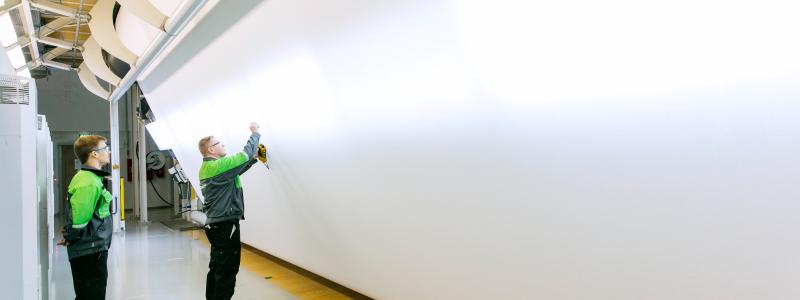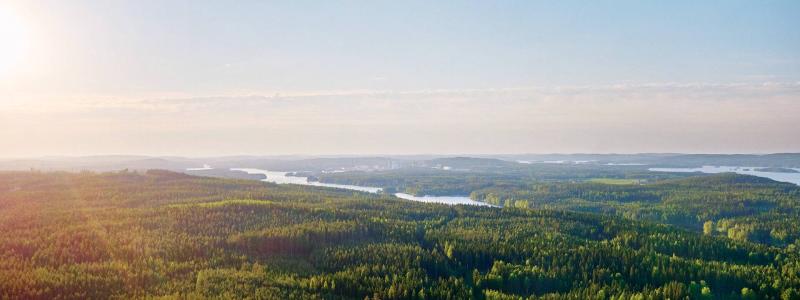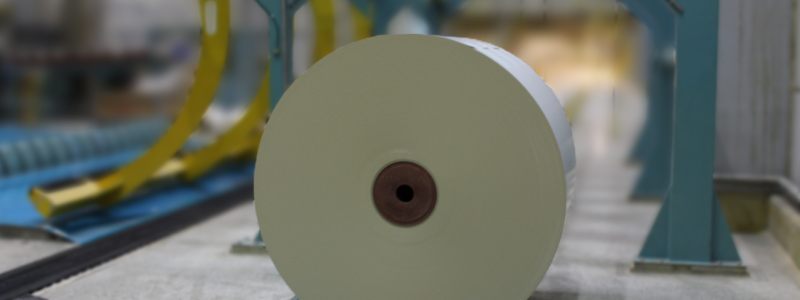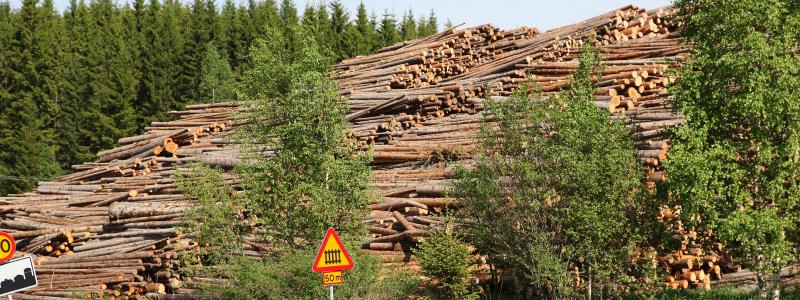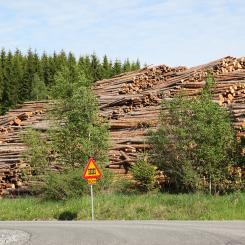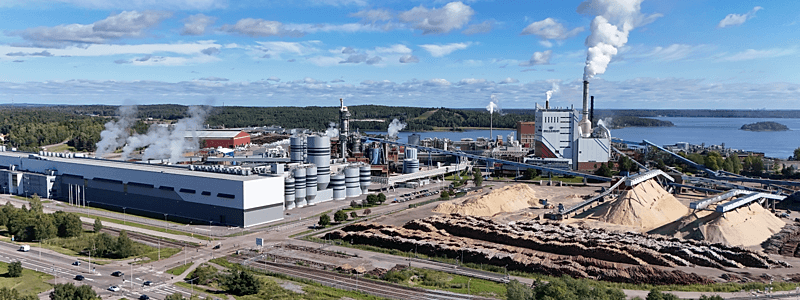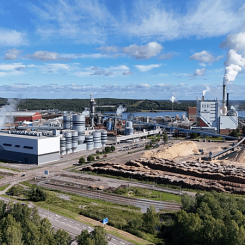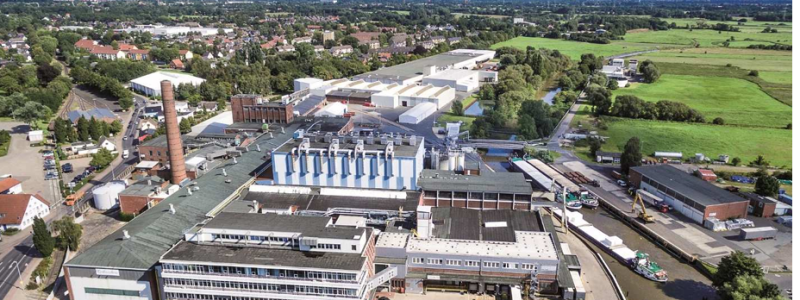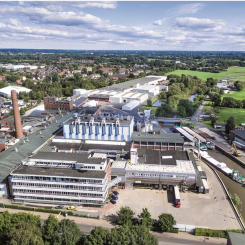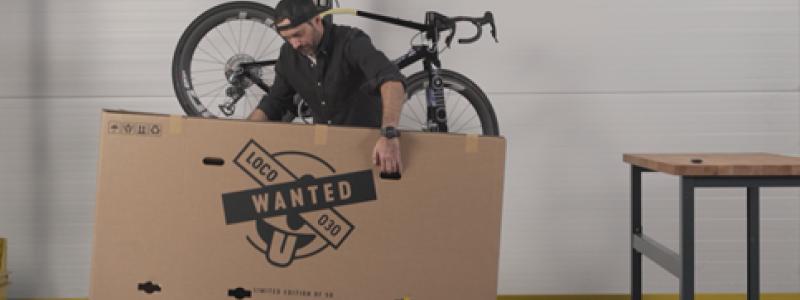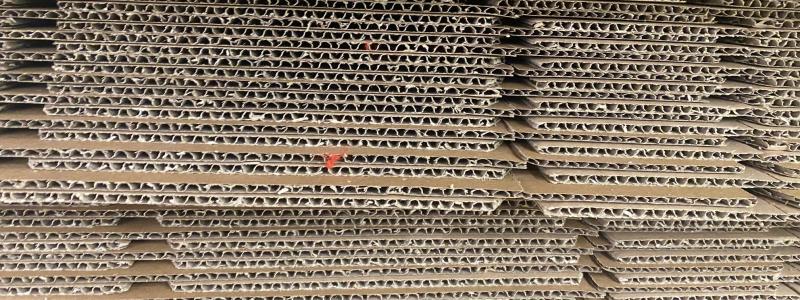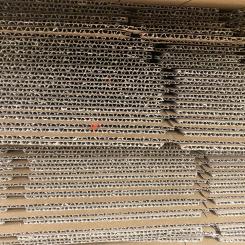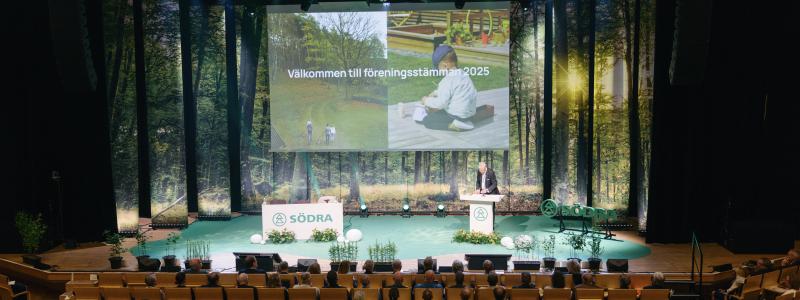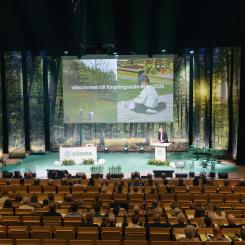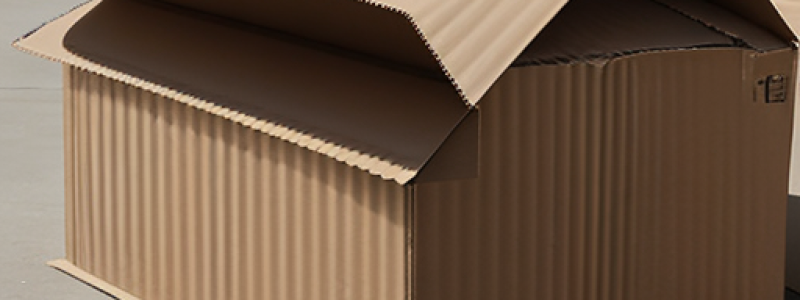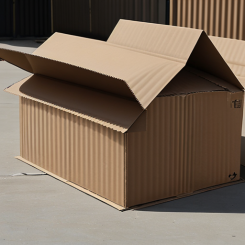Through its management of planted and native forests, Klabin applies biodiversity protection and water source maintenance practices that have made important contributions to environmental preservation. As a result, 897 species of native flora and 563 animal species have been identified in the Company's areas in Santa Catarina since 2008, when surveys began. In addition, more than 6,000 kilometers of rivers and more than 10,000 springs in the state are protected by the company, contributing to the region's water supply. The data is part of the 2025 Santa Catarina Public Summary.
“We are recognized for our sustainable performance, our forests are among the most productive in the world and, through mosaic management, we are able to contribute to the protection of natural resources”, comments Klabin’s Sustainability and Environment manager, Júlio Nogueira.
The Public Summary presents the Company's efforts to properly manage its native and planted forests, and also provides information on socio-environmental actions aimed at sustainability. Klabin's forest area in Santa Catarina and Rio Grande do Sul totals approximately 153 thousand hectares, distributed among 42 municipalities in Santa Catarina, in addition to 11 cities in Rio Grande do Sul. Of this area, more than 72 thousand hectares correspond to preserved native forests. The remainder is home to planted pine and eucalyptus forests, which supply the Company's pulp, paper and packaging production.
In this context, several components of forest management are studied to ensure the sustainability of forests in an orderly manner. In forestry, they include land preparation, with operations to conserve soil and water resources; planting seedlings; pest control; and fertilization in accordance with current technical standards. During harvesting, the biomass - unusable plant material - is processed and sent to the factory, becoming renewable fuel for the factories through the generation of steam. In other words, in addition to strengthening the sustainable energy matrix, the use of biomass strengthens circularity in the company's internal processes.
The Public Summary also provides further information on the socio-environmental projects conducted and supported by Klabin in the communities where it operates. The Forestry Development Programs and Certification for rural producers and beekeepers, for example, are some of the actions aimed at the population. Also through Klabin Transforma, the Company promotes projects such as Caiubi, Matas Legais and Matas Sociais.
“We continually invest in the development of communities neighboring our forestry and industrial operations, so that the entire population can benefit from these initiatives to promote the local economy, developed through activities related to environmental education, culture and citizenship,” concludes Nogueira.
Source: Klabin.com.br


